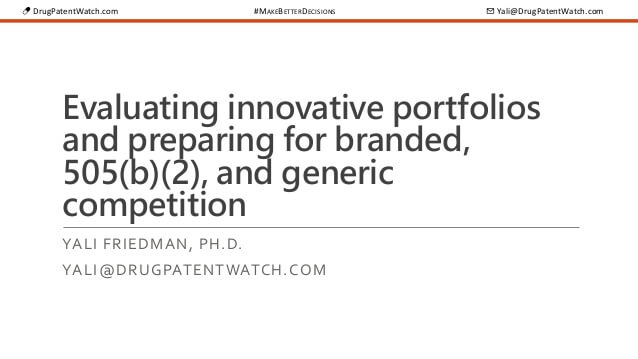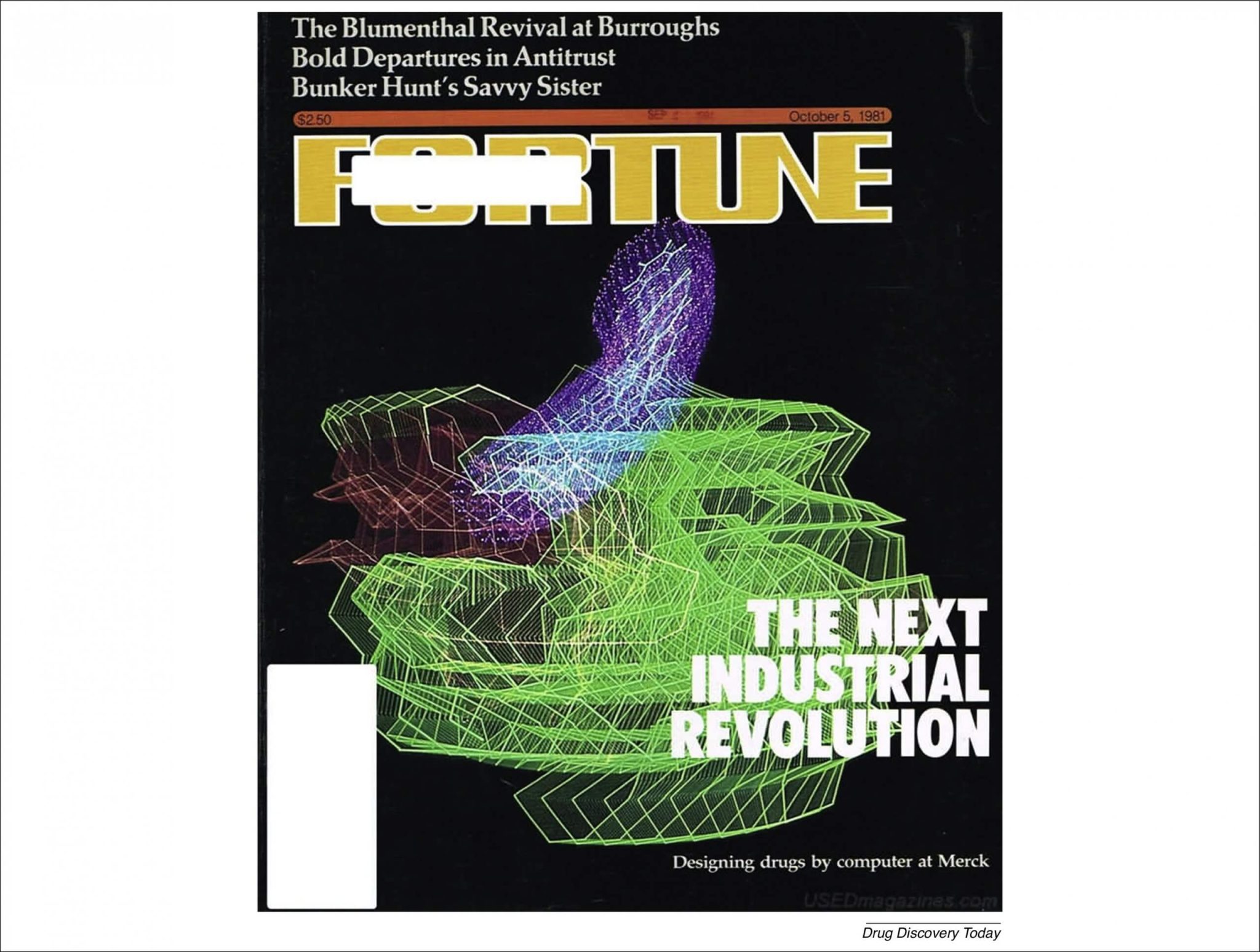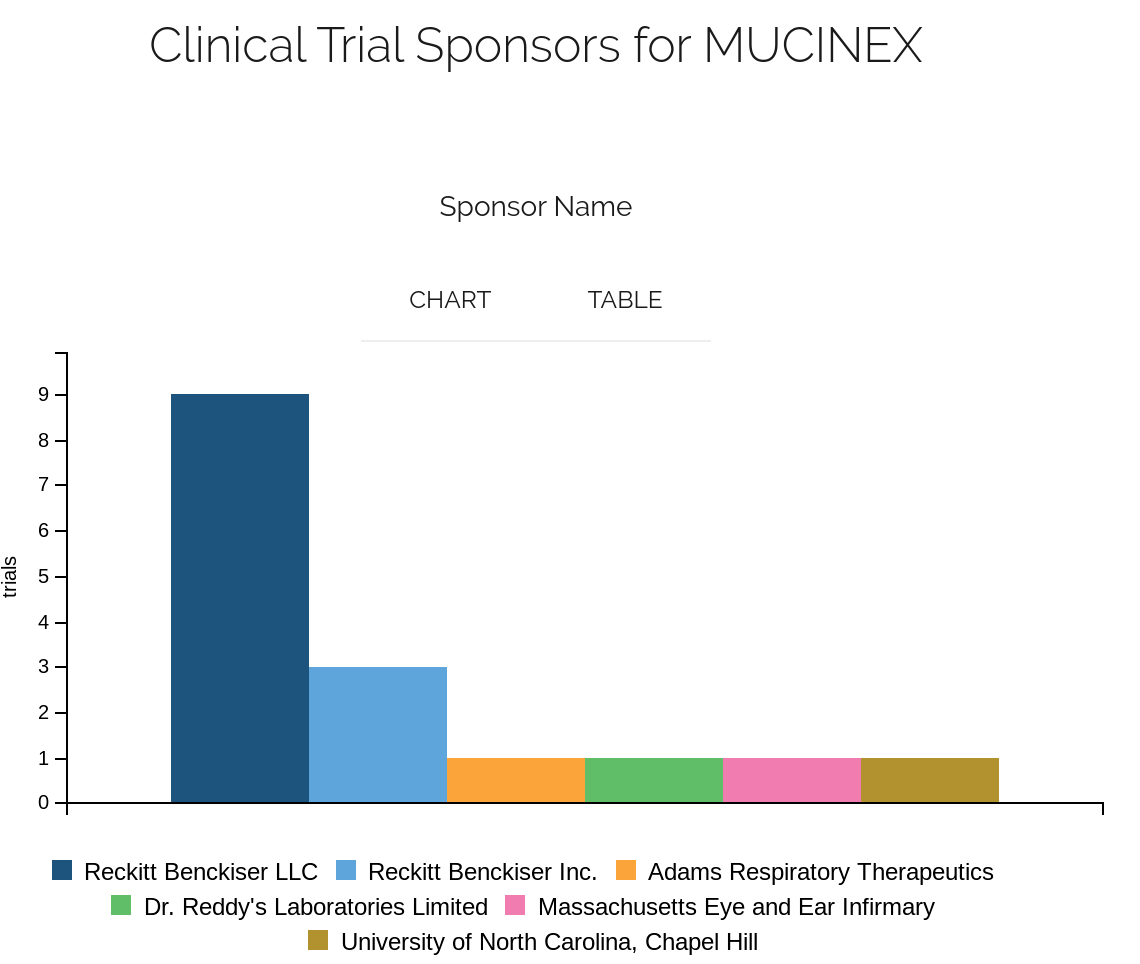Mark Cuban, the billionaire entrepreneur best known as the owner of the Dallas Mavericks and a prominent investor on Shark Tank, has emerged as an unlikely champion in the fight to reform orphan drug development and pricing in the United States. Through strategic investments and the creation of his Cost Plus Drug Company, Cuban has disrupted the traditional pharmaceutical model by emphasizing transparency, affordability, and access. His approach combines innovative business strategies with a genuine commitment to addressing a critical healthcare need. Cuban’s initiatives have already demonstrated significant cost savings for patients and healthcare systems while creating new pathways for developing treatments for rare diseases. This comprehensive examination reveals how Cuban’s dual focus on reforming drug pricing and supporting rare disease research represents a potentially transformative approach to addressing one of healthcare’s most challenging areas.
The Businessman Behind the Pharmaceutical Revolution
Cuban’s Journey into Healthcare Disruption
Mark Cuban’s entry into pharmaceutical reform might seem unexpected for a tech entrepreneur and sports team owner, but his business approach has always centered on identifying market inefficiencies and developing innovative solutions. Cuban’s interest in healthcare reform developed gradually as he observed troubling pricing practices within the pharmaceutical industry, particularly regarding drugs for rare diseases1.
Cuban became increasingly concerned about the pharmaceutical industry’s lack of transparency and predatory pricing strategies. He was particularly disturbed by incidents like Martin Shkreli’s infamous 5,000% price increase on a parasitic infection drug and the growing problem of generic medications appearing on shortage lists2. These observations led Cuban to question how such practices could persist in a supposedly competitive market.
“I began digging in to find that the drug side of the health care industry is an inefficient market and has no transparency whatsoever,” Cuban explained. “It’s impossible to find the price of a drug. I don’t mean that they make it too hard to find. I mean, you simply cannot find the price or cost of drugs.”2
This recognition of fundamental market failure motivated Cuban to explore how his business expertise and financial resources could create meaningful change in pharmaceutical pricing and development, particularly for orphan drugs serving patients with rare diseases.
From Cold Email to Healthcare Revolution
The catalyst for Cuban’s pharmaceutical revolution came through an unexpected channel: a cold email from Dr. Alex Oshmyansky, a radiologist who had been working since 2015 to lower the cost of generic drugs, particularly for rare diseases whose prices had increased dramatically3.
Under the name Osh’s Affordable Pharmaceuticals, Oshmyansky had set out to manufacture low-cost medications for rare diseases. By 2018, his public benefit corporation had raised $1.3 million in seed funding and attracted Cuban’s attention3. In his email, Oshmyansky outlined a vision for a transparent pharmaceutical company that could provide prescription medications at significantly lower prices than existing options4.
Most cold emails to billionaires go unanswered, but Oshmyansky’s message resonated with Cuban’s growing concerns about pharmaceutical pricing. By 2019, Cuban had invested in Oshmyansky’s venture and made the significant decision to rebrand it as the Mark Cuban Cost Plus Drug Company—the first time Cuban had ever lent his name to a business he funded34.
This partnership combined Oshmyansky’s pharmaceutical expertise with Cuban’s business acumen and financial resources. Cuban’s decision to establish the company as an American Public Benefit Corporation (PBC) was strategically important, as this structure legally protects companies from stockholder lawsuits when pursuing social goals that might not maximize short-term profits2.
Understanding the Orphan Drug Crisis
The Challenge of Rare Disease Treatment
Orphan drugs are medications developed specifically to treat rare medical conditions—defined in the United States as diseases affecting fewer than 200,000 people4. These conditions collectively affect approximately 30 million Americans, yet historically
Citations:
- https://www.drugpatentwatch.com/blog/mark-cuban-unexpected-leader-in-orphan-drug-development-reform/
- https://ldi.upenn.edu/our-work/research-updates/mark-cuban-explains-his-battle-against-pharmacy-benefit-managers/
- https://www.businessinsider.com/how-mark-cuban-jumpstarted-doctors-mission-to-slash-drug-prices-2021-1
- https://harvardpolitics.com/cost-plus-drugs-an-altruistic-capitalist-venture/
- https://www.aha.org/aha-center-health-innovation-market-scan/2023-04-18-mark-cuban-lays-out-more-details-about-how-hes-disrupting-drug-pricing
- https://www.linkedin.com/pulse/from-mark-cubans-costplusdrugs-good-ai-how-healthcare-darwin-ling-hs3rc
- https://en.wikipedia.org/wiki/Mark_Cuban
- https://www.chcradio.com/episode/Mark-Cuban/744
- https://www.pharmexec.com/view/ron-lanton-partner-lanton-law-pllc-discusses-new-drug-plus-pricing-models
- https://www.dmagazine.com/publications/d-magazine/2022/october/mark-cuban-cost-plus-drugs-alex-oshmyansky/
- https://www.healio.com/news/rheumatology/20240606/mark-cubans-cost-plus-drug-company-flying-under-the-radar-after-2-years
- https://www.centerforbiosimilars.com/view/orphan-drug-sales-set-to-soar-during-next-4-years-report-says
- https://www.diseasehq.com/blog/mark-cuban-cost-plus-drugs-a-new-diseasehq-com-partner
- https://www.markcubancostplusdrugcompany.com
- http://dondavis.house.gov/media/in-the-news/house-looks-weaken-medicare-negotiation
- https://www.costplusdrugs.com
- https://gradstudies.musc.edu/about/blog/2024/09/easier-pill-to-swallow
- https://www.drugpatentwatch.com/blog/shop/dc-red-no-30-drug-excipient-business-development-opportunity-report-2024/page/41/
- https://www.youtube.com/watch?v=ySNMDRRRL3g
- https://penntoday.upenn.edu/news/penn-ldi-mark-cuban-explains-his-battle-against-pharmacy-benefit-managers






















